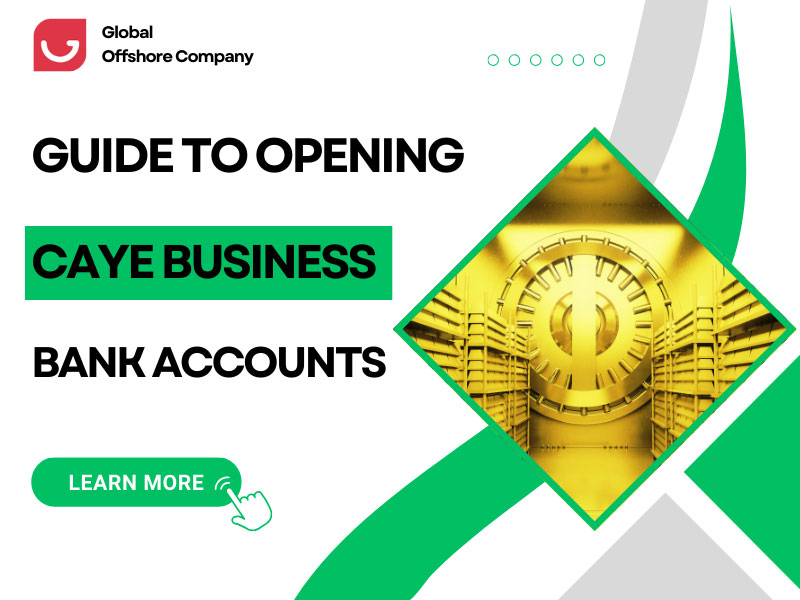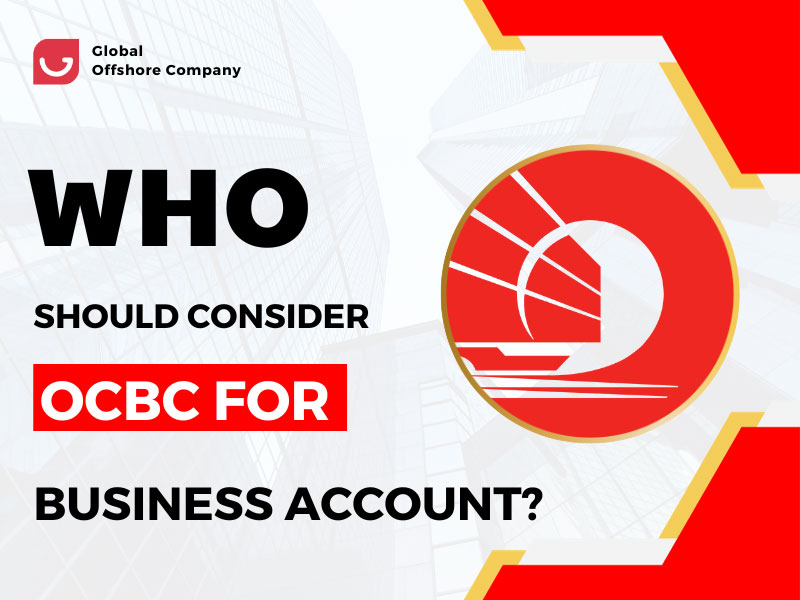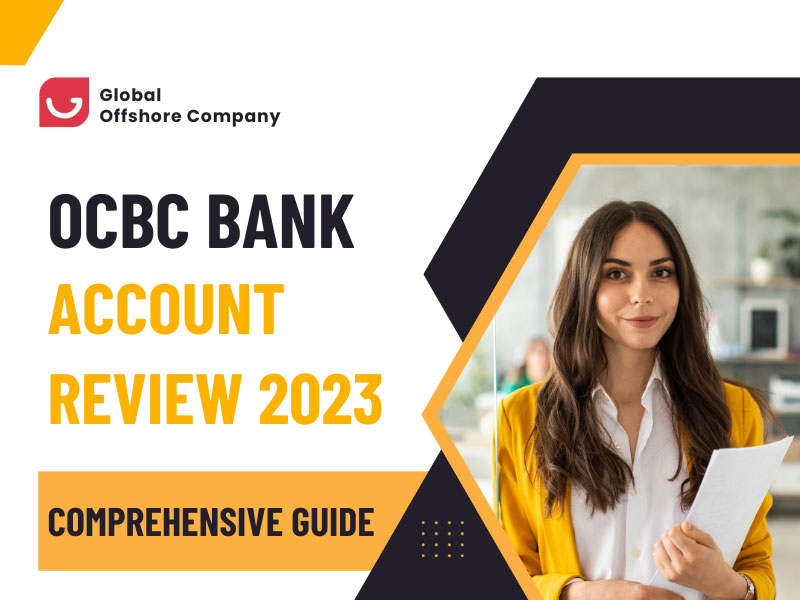Things To Consider Before Opening An Offshore Bank Account
Offshore bank accounts have gained popularity for individuals and businesses seeking financial privacy, asset protection, and tax advantages. However, opening an offshore bank account is not a decision to be taken lightly. There are several crucial factors to consider, both practical and legal, before you embark on this financial journey. In this comprehensive guide, we will explore the essential considerations you should keep in mind when contemplating an offshore bank account.
1. Understand Your Motivation
The first step is to clearly define your reasons for wanting an offshore bank account. Are you looking to minimize your tax liability, protect your assets, or diversify your investments? Understanding your motivation will guide your decision-making process.
2. Legal Compliance and Reporting Requirements
Different countries have varying legal requirements for individuals and businesses holding offshore accounts. It's crucial to understand the compliance and reporting obligations in both your home country and the offshore jurisdiction. Failure to comply with these regulations can lead to legal consequences and financial penalties.
3. Choose the Right Offshore Jurisdiction
Not all offshore jurisdictions are created equal. Factors to consider when choosing the right jurisdiction include tax laws, political stability, banking regulations, and reputation. Some jurisdictions are known for their strict banking secrecy, while others prioritize transparency.
4. Select a Reputable Bank
Research and choose a reputable bank in your selected offshore jurisdiction. Ensure that the bank has a history of financial stability and that it complies with local and international regulations. Look for banks that offer a range of services that align with your financial goals.
5. Understand Banking Fees and Costs
Offshore accounts may come with various fees, including setup fees, annual maintenance costs, transaction fees, and currency conversion fees. It's essential to understand the complete fee structure to make an informed decision.

6. Currency Options
Consider the currency options available for your offshore account. Diversifying your currency holdings can help you mitigate currency risk and take advantage of favorable exchange rates.
7. Risk Management
Evaluate the potential risks associated with offshore accounts, including political, financial, and regulatory risks. Consider how these risks align with your financial objectives and risk tolerance.
8. Privacy vs. Transparency
Offshore accounts are often associated with financial privacy. However, increasing global efforts to combat tax evasion and money laundering have led to greater transparency. Consider how important privacy is to you and whether you are comfortable with the level of reporting required.
9. Consider the Impact on Your Reputation
The use of offshore accounts can sometimes be perceived negatively in the public eye. Be mindful of the potential impact on your personal or business reputation and consider whether the benefits outweigh the potential reputational risks.
10. Tax Implications
Understand the tax implications of holding an offshore account in both your home country and the offshore jurisdiction. Consult with tax professionals to ensure that you are in compliance with tax laws and to maximize potential tax benefits.

11. Beneficial Ownership Disclosure
Some countries require disclosure of beneficial ownership for offshore entities. Make sure you understand the legal requirements and the implications for your privacy and asset protection.
12. Professional Guidance
Seek advice from professionals who are well-versed in international tax and finance, such as tax advisors, financial planners, and legal experts. They can help you navigate the complex legal and financial landscape surrounding offshore accounts.
13. Ongoing Maintenance and Reporting
Opening an offshore account is just the beginning. Be prepared for ongoing maintenance, including regular reporting, compliance with changing regulations, and staying informed about updates in the offshore jurisdiction.
14. Anti-Money Laundering (AML) and Know Your Customer (KYC) Procedures
Offshore banks are required to implement AML and KYC procedures to prevent money laundering and ensure they know the identity of their customers. Be prepared to provide the necessary documentation and information as part of the account opening process.
15. Exit Strategy
Consider an exit strategy. What will you do if your circumstances change, or if the benefits of your offshore account are no longer relevant? Plan for the possibility of closing the account or transferring funds back to your home country.

16. Legal and Tax Residency
Determine your legal and tax residency status. Your residency status may impact your obligations and benefits related to offshore banking.
17. Economic and Political Stability
Ensure the offshore jurisdiction you choose has a track record of economic and political stability. Instability can put your assets at risk.
18. Local Legal Expertise
Consider seeking the services of a local legal expert in the offshore jurisdiction to guide you through the legal intricacies and provide advice specific to the region.
19. Diversify Your Investments
While offshore accounts can offer investment opportunities, it's essential to diversify your investments across various assets and not rely solely on the offshore account.
20. Stay Informed
The landscape of offshore banking is ever-evolving. Stay informed about changes in regulations, reporting requirements, and international agreements that may impact your offshore account.

Conclusion
In conclusion, opening an offshore bank account can offer significant benefits, but it comes with various legal, financial, and practical considerations. It's crucial to conduct thorough research, seek professional guidance, and carefully weigh the advantages and disadvantages to make an informed decision that aligns with your financial goals and risk tolerance. By understanding these key factors, you can navigate the world of offshore banking confidently and responsibly.
We, at G.O.C, specialize in delivering offshore solutions for our clients that do not require a human presence. We establish ties with financial institutions of all sorts that prefer to deal with introductions from a corporation rather than individuals who approach them directly.

Disclaimer: This article is for informational purposes only and does not constitute legal or financial advice. Consult with professionals before making any financial decisions.*










